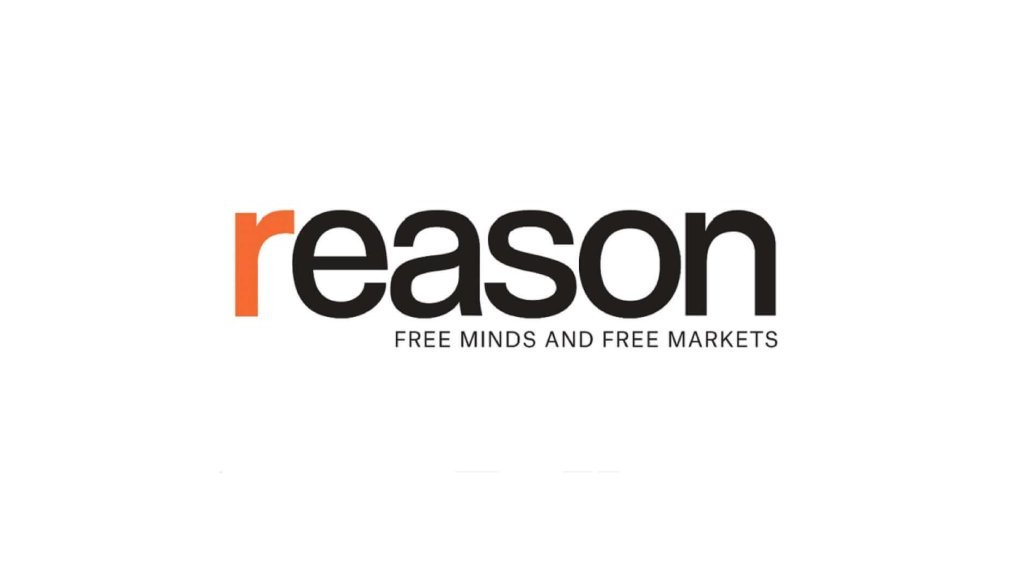Will America Make the Same Mistakes as Britain in the Middle East?
The Middle East is a problem. Our enemies there are on the march, and our friends are nervous. We need to do something about our credibility. The government has just the plan to fix it: Let Israel deal a crushing blow to the most powerful enemy state so that our country can swoop in as the peacemaker. Then we can finally build the security alliance that we’ve been trying for. Peace through strength will win the day.
I am writing, of course, about British leaders’ mentality in 1956. In late October and early November of that year, Britain carried out a plan with the help of France and Israel to deal with Egypt’s rising nationalist government. And it failed miserably. That war, known as the Suez Crisis, is widely considered the beginning of the end of the British Empire. Egypt became the most powerful Arab country for the next 20 years as British troops packed their bags.
The Suez Crisis is a cautionary tale for America. Washington’s problems in the region look a lot like the ones Britain faced in 1956. Just like British leaders back then, Democrats and Republicans now seem convinced that proxy warfare is the one weird trick to solve those problems. Even the choice of proxy—using the Israeli army to bludgeon the region into shape—is the same.
Britain was the most powerful country in the Middle East after World War II, but its strength was waning. The region’s pro-British monarchies priced their oil in pound sterling, allowing the Bank of England to print as much money as it wanted, similar to today’s petrodollar system. However, those monarchies were being squeezed from two sides. On one hand, the rising Kingdom of Saudi Arabia was selling its oil in U.S. dollars. On the other hand, Arab nationalist revolutionaries wanted to overthrow the monarchies entirely, and they successfully took over Egypt in 1952.
Britain tried to reverse the tide by roping its ally Jordan into a coalition known as the Baghdad Pact, which included Iraq, Turkey, Pakistan, and Iran at the time. But the idea of joining the Baghdad Pact was hated in Jordan, which responded to British pressure by kicking out British military advisers.
Leaders in London believed that the dominos were falling to a conspiracy led by Egyptian leader Gamal Abdel Nasser, whom British politicians compared to Adolf Hitler. The final straw came on July 26, 1956, when Nasser nationalized the Suez Canal, which was owned by a British-French consortium. Though Nasser compensated the shareholders, British Prime Minister Anthony Eden argued that Nasser cannot “have his thumb on our windpipe.”
Britain’s local allies felt the same way. The night the canal was nationalized, Iraqi Prime Minister Nuri al-Said was dining with Eden in London. “Hit [Nasser] hard and hit him now,” Said said. “If he is left alone, he will finish all of us.” Of course, al-Said was not offering Iraqi troops to do the job. It’s hard not to hear an echo of his words when Saudi leaders compare Iran to Nazi Germany and egg on Washington to fight a war that Saudi Arabia itself has no intention of fighting.
Another Middle Eastern country, Israel, would come to the rescue. France, which was fuming at Egypt for supporting the Algerian independence movement, brought leaders from Britain and Israel, which had been dealing with years of border raids from Egypt, together in a secret meeting. All three countries agreed to play a game of political charades. Israel would invade Egypt, destroying the forces defending the Suez Canal. Britain and France would pretend to be shocked, then land peacekeepers in
Article from Reason.com

The Reason Magazine website is a go-to destination for libertarians seeking cogent analysis, investigative reporting, and thought-provoking commentary. Championing the principles of individual freedom, limited government, and free markets, the site offers a diverse range of articles, videos, and podcasts that challenge conventional wisdom and advocate for libertarian solutions. Whether you’re interested in politics, culture, or technology, Reason provides a unique lens that prioritizes liberty and rational discourse. It’s an essential resource for those who value critical thinking and nuanced debate in the pursuit of a freer society.




